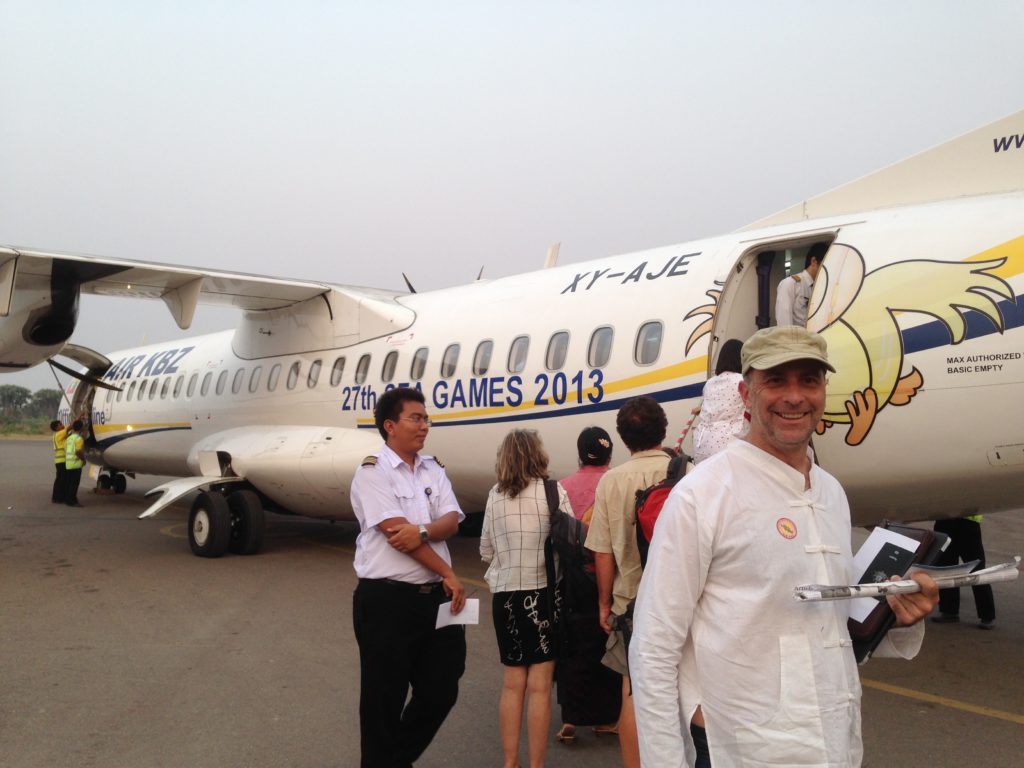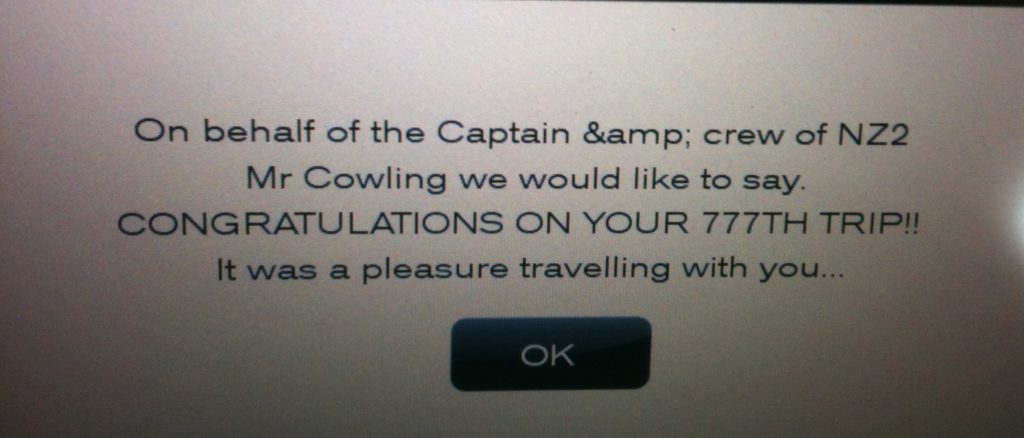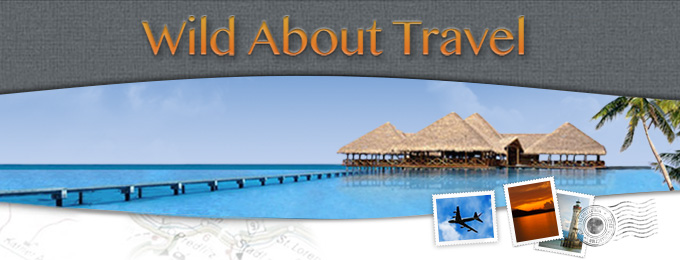After a couple of posts on airport codes, it is time, I turned my attention to airline codes and flight numbers!

Me boarding Air KBZ of Burma: code = K7
Every airline has a two letter code issued by IATA, the International Air Transport Association (IATA). Some are easy and recognisable e.g.
- AA = American Airlines
- BA = British Airways
- NZ = Air New Zealand
- UA = United Airways
Others are more obscure such as:
- AY: Finnair – I discovered when I flew them originally carried the name Aero Oy
- 9W = Jet airways
- WN = Southwest airlines. There are multiple theories as to why Southwest is WN including it stands for their signature snack: “We’re Nuts”.
There are some “controlled duplicates” where two regional airlines in different places have the same code. This occurs in situations where it is extremely unlikely that the two airlines will ever overlap destinations.
After an airline stops operating their code can be reissued to another airline by IATA. For example: VA which is used by Virgin Australia used to belong to Viasa (Venezuelan International Airways) which closed in 1997.
You will usually see a flight number written as the airline’s code followed by a series of one to four digits. You can expect an even numbered flight will be going North or East and an odd numbered flight will travel south or west. Return flights between destinations are usually assigned a number that is one digit different to the outward flight.
The different lengths of numbers usually mean something:
- UA 1: One digit generally refers to an airline’s Premium international Routes. In this case, United Airlines flight number 1 operates South from San Francisco to Singapore as a Boeing 787 service. NZ 2 is Air New Zealand’s Boeing 777 service North and East from Auckland to London via Los Angeles

- BA 85: Two digit flights are usually other international flights. In this example British Airways 85 flies west from London to Vancouver, operated by an A380

- QF 819: Three digit airlines are usually domestic or intra-European flights. Here I am on Qantas Airway flight 821 southbound Boeing 737 service from Canberra to Melbourne. DL819 flies west from Boston to Minneapolis. BA 819 goes west and south from Copenhagen to London
- DL 2322: Four-digit numbers of 2999 or less are usually regional flights, often operated by affiliates. 2322 is Delta flight from Minneapolis to Miami
- EY 3714: Four-digit numbers of 3000+ are often Code Share flights where a different airline or rail company operates the service. In this example, Etihad Airways 3714 is actually an Aegean Air flight from Athens to Mykonos in Greece.
UA 3714 is an Amtrak rail service from Newark station to Philadelphia’s 30th street Station - 9000+ are usually ferry flights that allow a plane to be repositioned. They generally carry no passengers
When travelling, if I do not know which airline a particular code refers to or I want to know what a particular airline’s code is then there are two places I look:
- IATA has a search tool that will help or
- Airline Codes.co.uk is another great resource
To find the details of an airline flight number, I go to:
With a few tools, decoding flights becomes quite easy! Now I look for the exceptions to the rules (eg an odd numbered service flying north) and try and work out why!
My next flight is LA 800, a Latam Boeing 787 flying east from Sydney to Auckland to Los Angeles. What is yours?
Related Posts
- Funny, weird and inappropriate Airport Codes – the definitive list
- What’s that code? The ultimate airport decoder lists
- What the H*ll is this Code Sharing?
- Know your Emergency Response Numbers
- Airline route maps in one spot


Leave a Reply